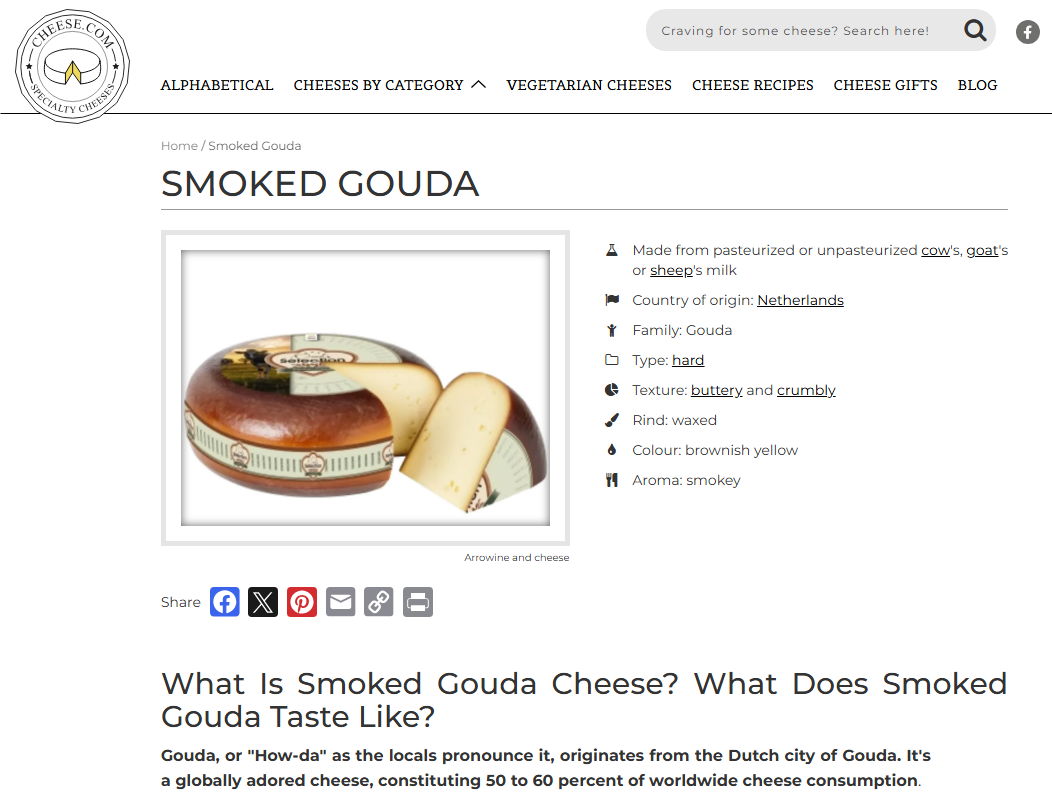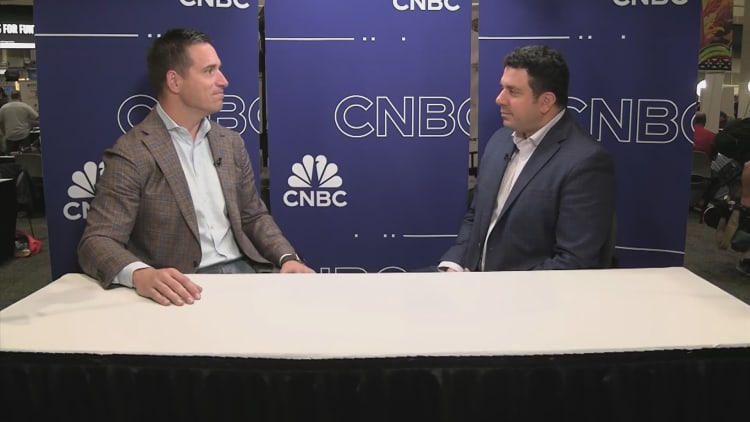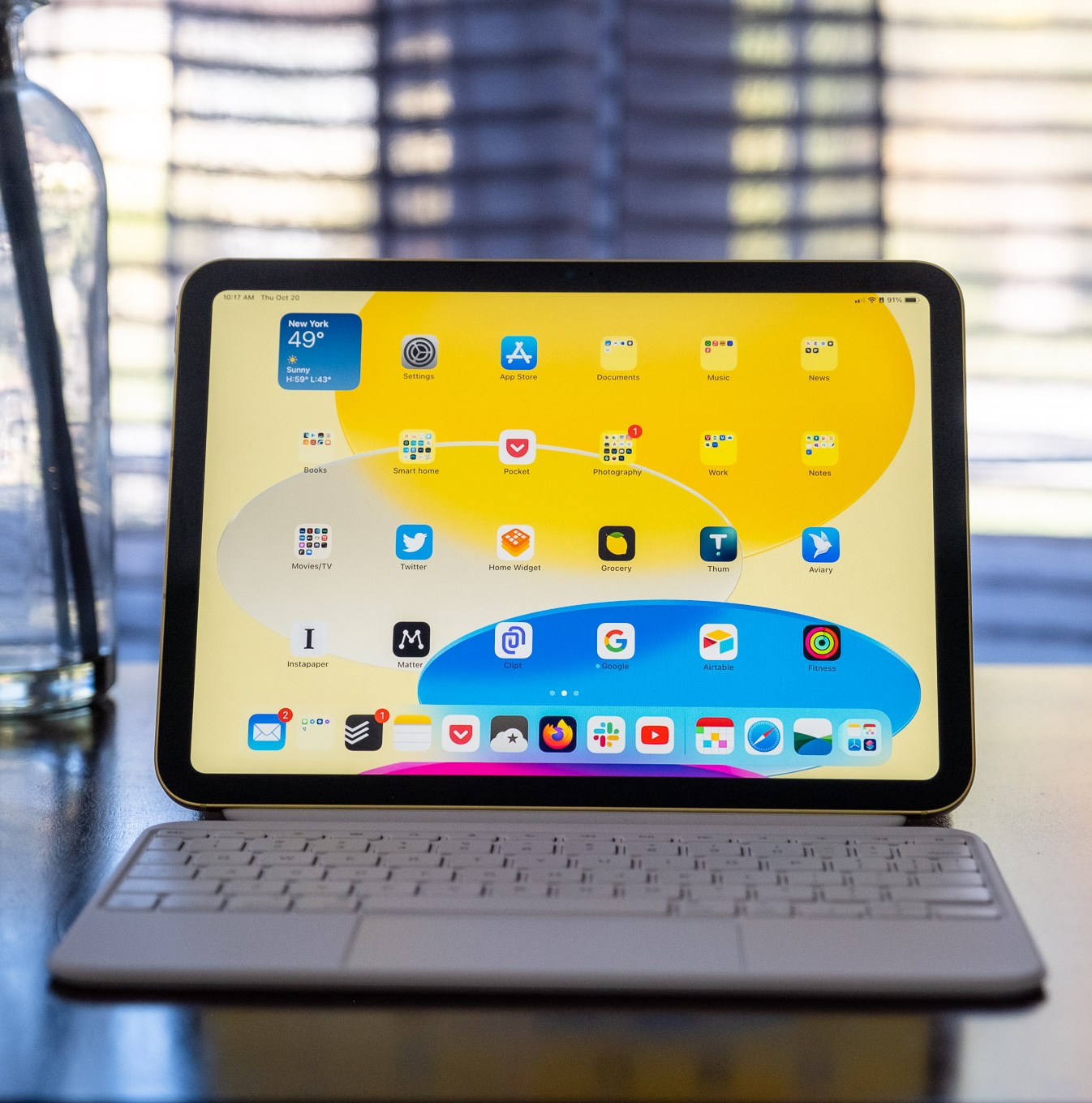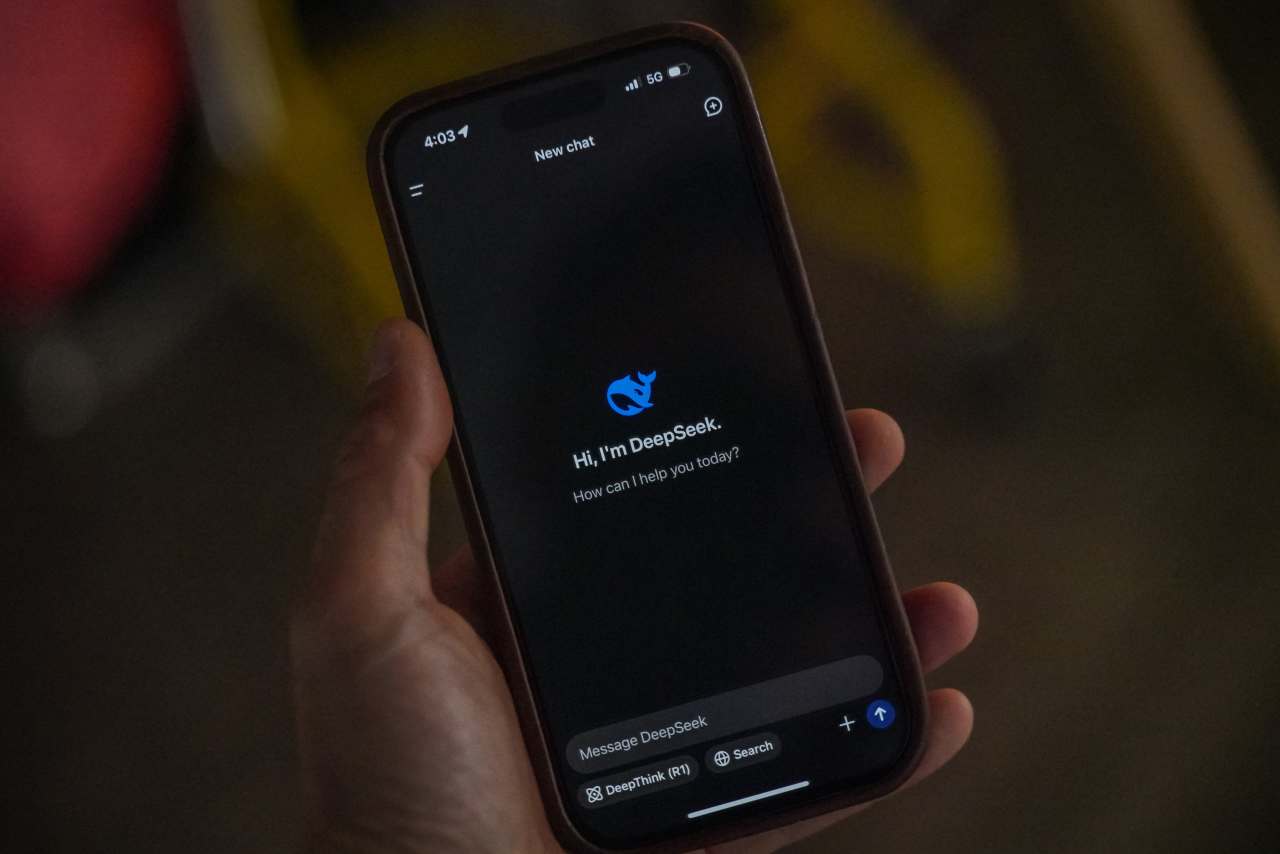Edit Content
Trending






Ever come home from a trip feeling like you need a vacation from your vacation?
Until now, most research on vacation time has concluded that its benefits for well-being are small and fade away quickly. But a meta-analysis published in January in Applied Psychology found that vacation time could have a positive mental health impact for an average of about six weeks, especially if people participate in the right kinds of activities while OOO.
Besides identifying specific restorative activities, the research has meaningful implications for workplace attitudes toward time off, said study author Ryan Grant, MS, a doctoral student in industrial-organizational psychology at the University of Georgia.
“Overall, our study suggests that vacations are an important opportunity for breaking up periods of sustained work stress and strain, allowing employees to maintain and improve their health and well-being,” he told Health in an email.
Want to return to work refreshed after time off? Here’s what the study found about restorative vacations—and the best ways to make them a reality.
The Applied Psychology research was a meta-analysis, meaning it aimed to summarize all current literature on vacations’ impact on employee well-being. Grant and his colleagues analyzed data from 32 studies from nine countries, which included information about vacations with an average length of around 12 days.
The researchers measured people’s feelings of well-being at four points across these vacation days. “These included how well-being changed from before to during vacation (‘vacation effect’), how it changed from during vacation to right after you return to work (‘return effect’), from before the vacation to right after (‘after effect’), and from the first measurement after vacation to the last measurement in a study (‘fade-out effect’),” Grant explained.
The team also analyzed the restorative effects of various activities and experiences during the vacation itself.
Unlike previous studies that found vacation benefits tend to fade rapidly, the meta-analysis showed that well-being indicators could last for several weeks.
“Our best guess based on the current research is that it takes around 43 days for well-being to return to the level it was before the vacation,” Grant said, with benefits typically lasting the longest for people who do certain things on their time off (more on this in a bit).
However, Grant added that more primary research is needed to pinpoint exactly how long an average vacation “afterglow” lasts. That’s partly because the papers included in the meta-study didn’t measure the entirety of well-being changes from before to after vacation. Plus, stressors not related to work could also decrease a vacation’s restfulness—but these are difficult to measure.
Certain activities may be more likely than others to promote positive feelings beyond your return home. Here are three key ways to get the most refreshment bang for your vacation buck, per the study.
According to Grant, psychological detachment was key to feelings of well-being both during and after vacation. In other words, it’s best to leave work at work while on vacation.
“Enhanced benefits to well-being occur when you truly unplug,” Kristel Bauer, corporate wellness advocate, founder of Live Greatly, and author of “Work-Life Tango,” told Health. If your work involves technology, she said this means staying off your laptop or putting your cell phone out of sight while you relax.
It may also help to set expectations with your boss or co-workers before you hit the road. “Try to set yourself up for success by preparing in advance of your time off,” Bauer suggested. “Activate your out-of-office response on your email and let your colleagues know that you will be enjoying your vacation time.”
Though vacation might seem like the time to lie around on the couch (or, better yet, the beach), physical activity, not sedentary, had the strongest association with well-being during vacation, Grant noted.
“Plan some fun adventures that get your body moving!” Bauer recommended. Depending on your destination, you might hike, swim in a lake, or hit the road for some cycling sightseeing.
Social activities were also associated with well-being during vacation (though this relationship was weaker than that of physical activities). That’s why you may want to vacation with people who fill your emotional cup.
“If your job is emotionally exhausting, you may be experiencing the effects of emotional contagion—the phenomenon where people unconsciously tend to ‘catch’ the emotions of those around them,” Kandi Wiens, EdD, a senior fellow at the University of Pennsylvania and author of “Burnout Immunity: How Emotional Intelligence Can Help You Build Resilience and Heal Your Relationship with Work,” told Health. “The best way to recover from this is to surround yourself with people who provide you with positive emotional energy—those who make you laugh, smile, and see the good in others.”
©2024. Livebuzznews. All Rights Reserved.